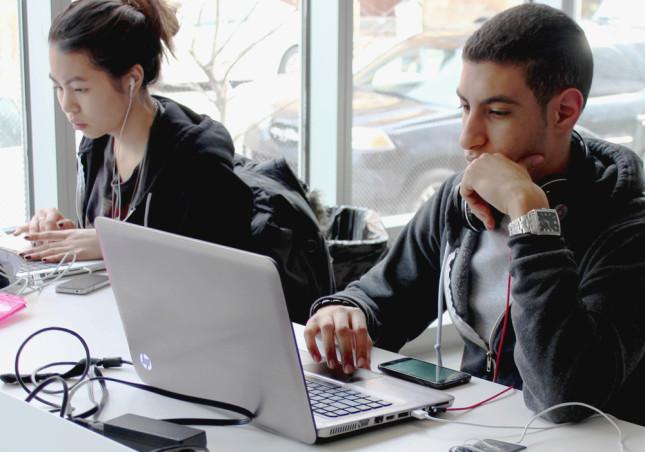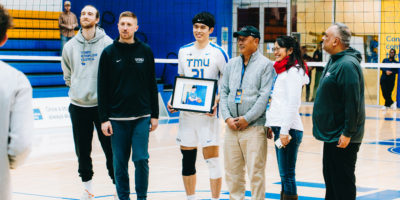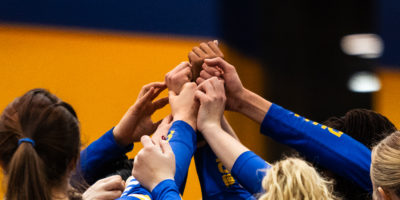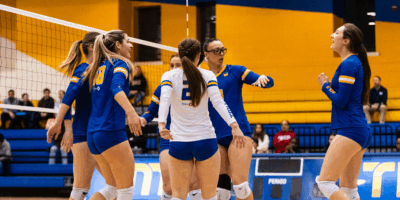By Alfea Donato
Interim Provost John Isbister announced the formation of two committees dedicated to exploring Ryerson’s future with technology and online learning on Friday.
A steering committee, chaired by Isbister, and the operations committee will examine how students and faculty use technology with coursework, as well as how Ryerson can implement new technologies in faceto face, online and hybrid classroom environments.
“The Ontario government is very interested in this and wants to see some direction taken by universities,” Isbister said. “An entirely online school was in talks.”
Emerging online education practices such as flipped classrooms (courses where lectures and Powerpoints are put up online, reserving class time for interactive discussions and practice), massively open online courses (MOOCs), mobile apps and tablet computing are steadily becoming prolific in postsecondary institutions in Canada and across the border.
MOOCs have garnered coverage for being free, full-length online courses, albeit most are subjects within computer science fields and credit-less.
McGill University and University of Toronto offer MOOCs through edX and Coursera, start-ups based in the U.S.
As these technologies become more popular both within and outside of the academic realm, Ryerson is feeling the pressure to adapt.
“At the present time, Ryerson is one of the leaders in [online learning],” Isbister said in an email. “However, the very nature of online education is changing very quickly, sometimes week-to-week. Our challenge is to stay informed of this changing environment, and to figure out the ways in which we can participate, and be excellent in that participation.”
Ryerson already incorporates complementary classroom tools such as Google Apps (which includes Gmail, calendar, docs and presentations), Ryecast (a host service for streaming live lectures on-demand) and Blackboard.
However, Naza Djafarova, director of digital education strategies at the Chang School and operations committee member, clarified in an email that the consultations will be “a great opportunity to shift the discussion from technology issues to pedagogy.”
According to a 2013 Horizon Project preview report on higher education by the New Media Consortium, emerging trends and opportunities for pedagogical experiments could include game-based learning within the next three years, as well as 3D printing and wearable technologies within the next five years.
“We’re just starting preliminary discussions,” Djafarova said. “We don’t know what the outcome of all this research will be [and] what will be happening tomorrow.”
Today, the Chang School offers more than 400 hybrid and online courses, with plans to add 600 courses over the next five years as proposed in Ryerson’s strategic mandate agreement to the Ministry of Training, Colleges and Universities last fall.












Leave a Reply